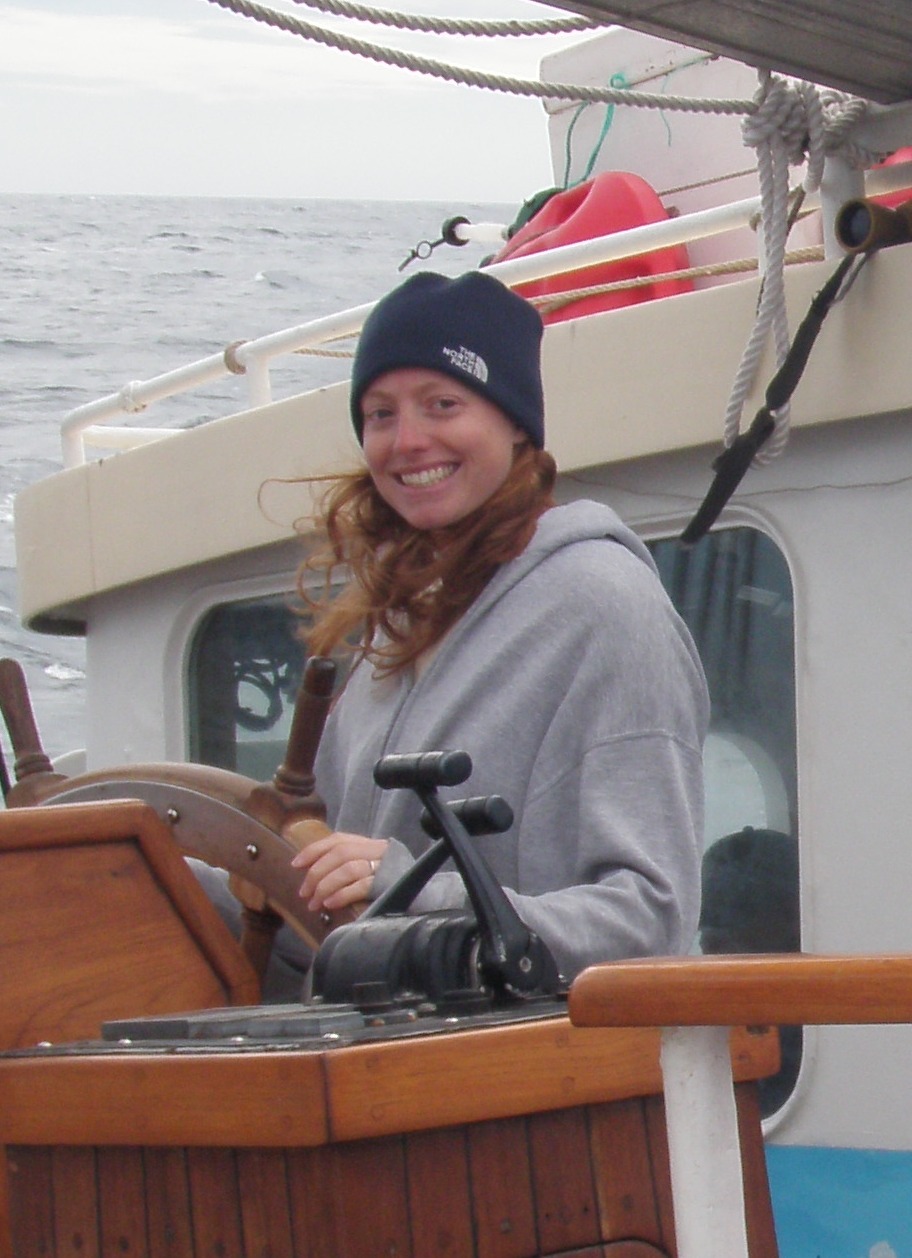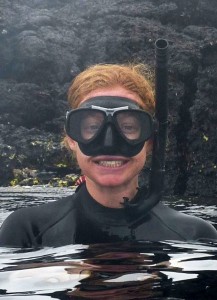
 Heather Coleman is a specialist in marine conservation and resource use planning, focused on bridging the gap between multi-disciplinary marine science and policy-making. She is currently a Postdoctoral Fellow with the Ocean Studies Board and the Board on Atmospheric Sciences and Climate, within the Division on Earth & Life Studies at the National Academies. At NAS, she is primarily working on a study to recommend effective approaches for monitoring restoration activities in the Gulf of Mexico and a study to prioritize research directions in Atmospheric Chemistry, as well on a study to evaluate the Landscape Conservation Cooperatives Network. Heather also acted as PacMARA’s Senior Science & Policy Advisor, identifying, designing, and directing innovative programs and projects to inform decision-making, primarily around marine spatial planning (MSP). She engaged policy-makers and stakeholders in learning and sharing best practices for multi-objective MSP and decision support tool use, translates science concepts and results to a broad audience, facilitated workshops and diverse working groups to solve marine conservation and resource use conflicts, supports government agencies, intergovernmental organizations, NGOs, academia, industry groups, and stakeholders in inclusive decision-making processes, and helped build and maintain an international MSP community of practice. In her years with PacMARA, Heather has built capacity and expanded resources available to conservation planners and managers by strategically developing and co-leading our internationally-recognized Marxan and systematic multi-objective planning training program from its inception, which operates around the world with 13 trainers in both English and Spanish. Heather graduated from UC Santa Barbara’s Bren School of Environmental Science and Management in 2009 after completing her dissertation on the effects of natural oil seeps on marine populations and communities. During graduate school she also voyaged in the famous Alvin submarine to access deepwater oil and gas seeps, toured the North Pacific Gyre to examine the extent and ecological effects of marine debris, and traveled to Istanbul to study the history, politics, social dynamics, ecological effects, costs and benefits of restoring the Golden Horn estuary. She has also led scuba volunteers in giant kelp restoration, educated elementary and middle school students in hands-on marine science, and organized coastal cleanups for Los Angeles county.
Heather Coleman is a specialist in marine conservation and resource use planning, focused on bridging the gap between multi-disciplinary marine science and policy-making. She is currently a Postdoctoral Fellow with the Ocean Studies Board and the Board on Atmospheric Sciences and Climate, within the Division on Earth & Life Studies at the National Academies. At NAS, she is primarily working on a study to recommend effective approaches for monitoring restoration activities in the Gulf of Mexico and a study to prioritize research directions in Atmospheric Chemistry, as well on a study to evaluate the Landscape Conservation Cooperatives Network. Heather also acted as PacMARA’s Senior Science & Policy Advisor, identifying, designing, and directing innovative programs and projects to inform decision-making, primarily around marine spatial planning (MSP). She engaged policy-makers and stakeholders in learning and sharing best practices for multi-objective MSP and decision support tool use, translates science concepts and results to a broad audience, facilitated workshops and diverse working groups to solve marine conservation and resource use conflicts, supports government agencies, intergovernmental organizations, NGOs, academia, industry groups, and stakeholders in inclusive decision-making processes, and helped build and maintain an international MSP community of practice. In her years with PacMARA, Heather has built capacity and expanded resources available to conservation planners and managers by strategically developing and co-leading our internationally-recognized Marxan and systematic multi-objective planning training program from its inception, which operates around the world with 13 trainers in both English and Spanish. Heather graduated from UC Santa Barbara’s Bren School of Environmental Science and Management in 2009 after completing her dissertation on the effects of natural oil seeps on marine populations and communities. During graduate school she also voyaged in the famous Alvin submarine to access deepwater oil and gas seeps, toured the North Pacific Gyre to examine the extent and ecological effects of marine debris, and traveled to Istanbul to study the history, politics, social dynamics, ecological effects, costs and benefits of restoring the Golden Horn estuary. She has also led scuba volunteers in giant kelp restoration, educated elementary and middle school students in hands-on marine science, and organized coastal cleanups for Los Angeles county.
Contact Heather at hcoleman (at) pacmara.org.